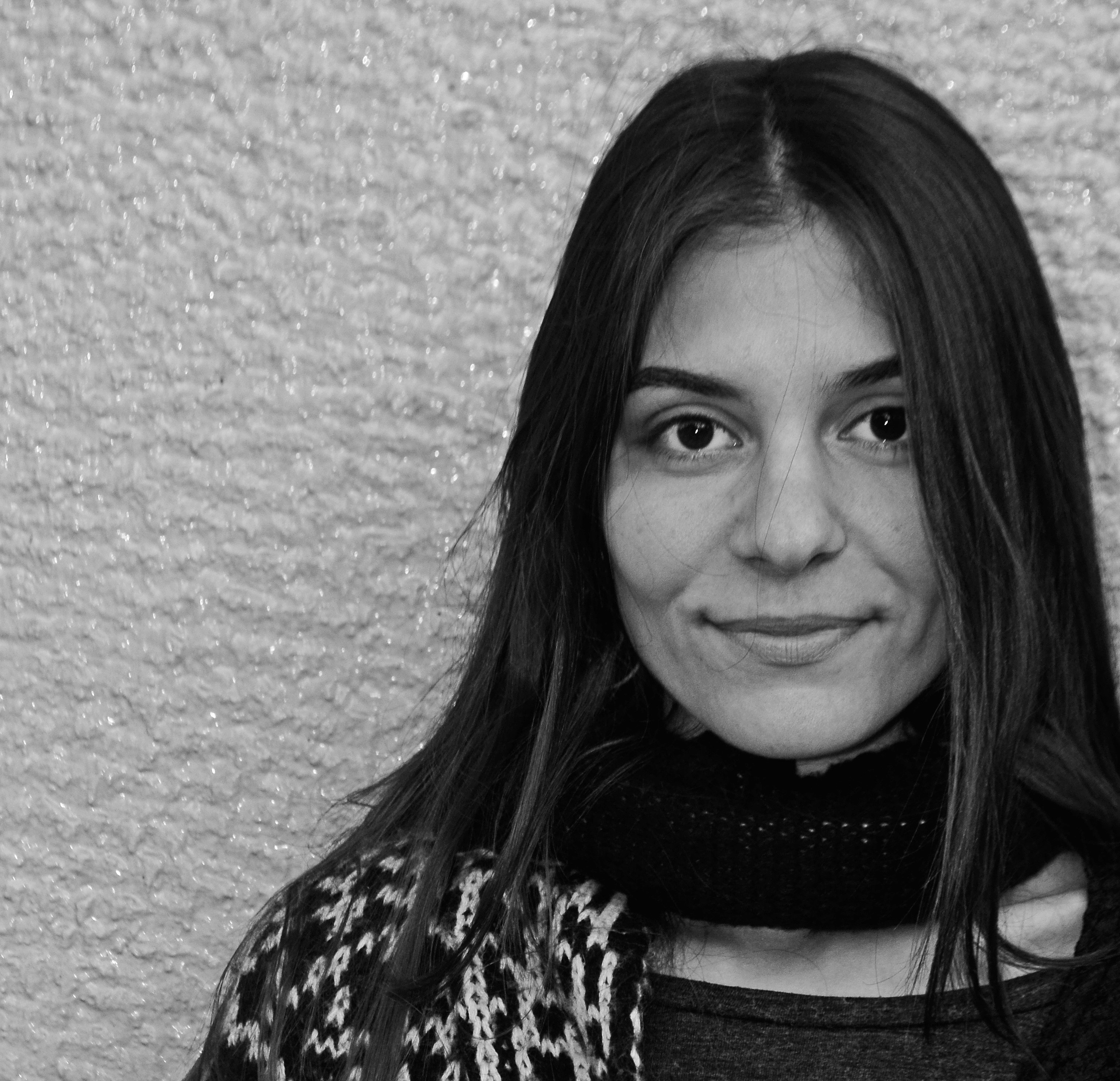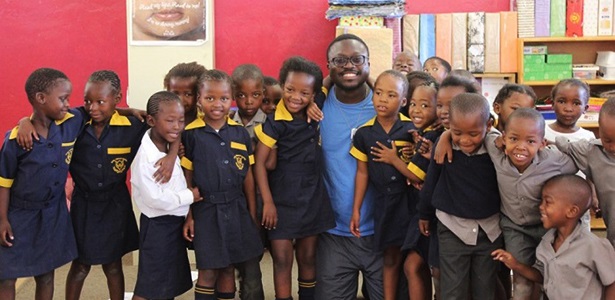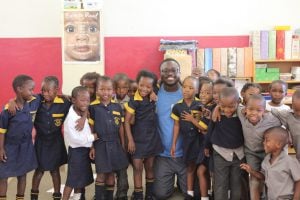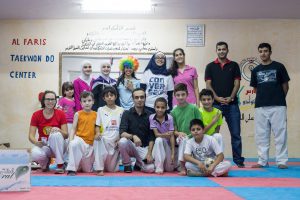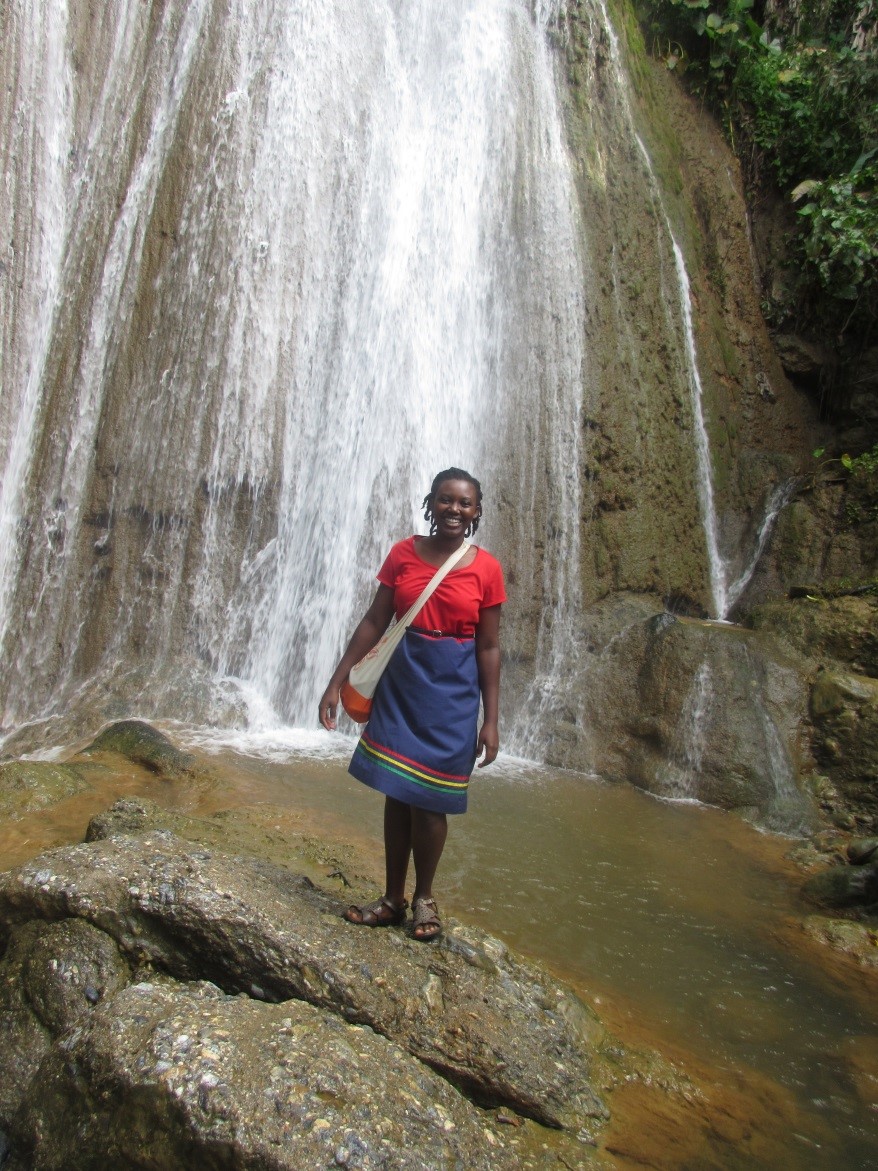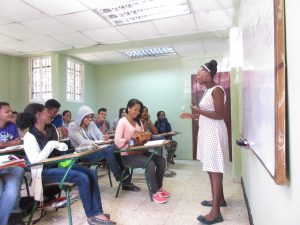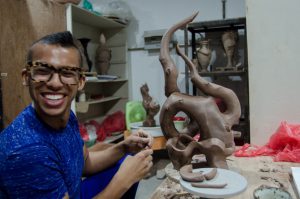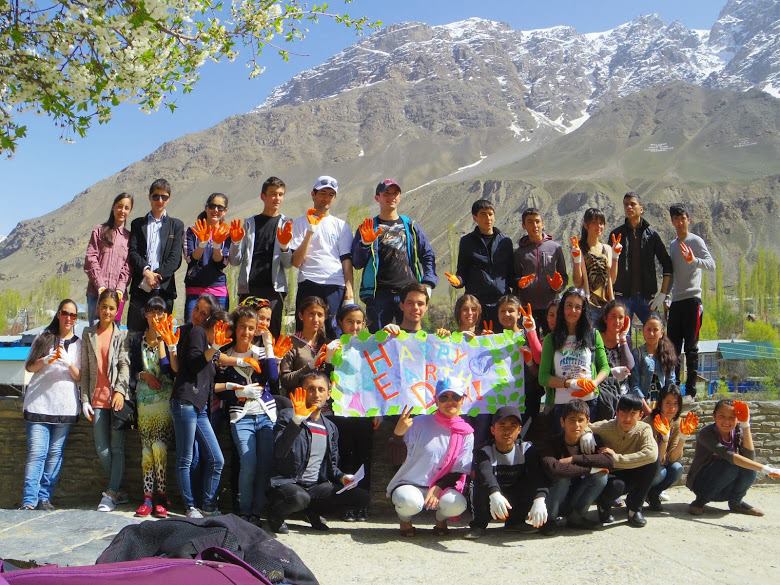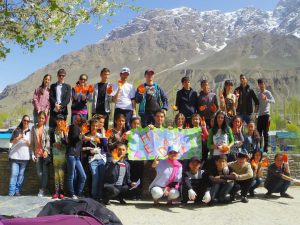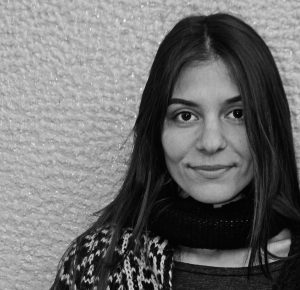
Evy Vourlides, 2013-2014, Greece
I lived in the neighborhood of Koukaki—below the Acropolis and just a short walk from Panteion University, my academic home during my nine months as a Fulbright U.S. Student in Greece. The small details of my daily life in Athens were unexpectedly tremendous. I had a Greek bank account, a lease, and a phone contract. This meant learning firsthand the experience of waiting in line at the bank, signing contracts, and paying bills as (albeit temporary) a member of Greek society. Greeting the baker down the street, who knew me by name, cracking a passing joke with the beet vendor at the community market, practicing yoga on a rooftop with a beautiful group of new friends under a closing day’s sky—these memories continue to bring me deep joy and reflect the great love I have developed for Greece. These details are what the Fulbright Program is about because they lead to something greater.
Senator J. William Fulbright headed efforts for the Fulbright Program after the Second World War. He believed that educational and cultural exchanges would lead to intimate intercultural understanding, and could promote peace of global proportions.
Understanding and empathy inevitably result from working, studying, and carrying out daily tasks in a new place, amongst a new group of people, for a prolonged period of time. This becomes a space where discussion and, ultimately, diplomacy can flourish.

